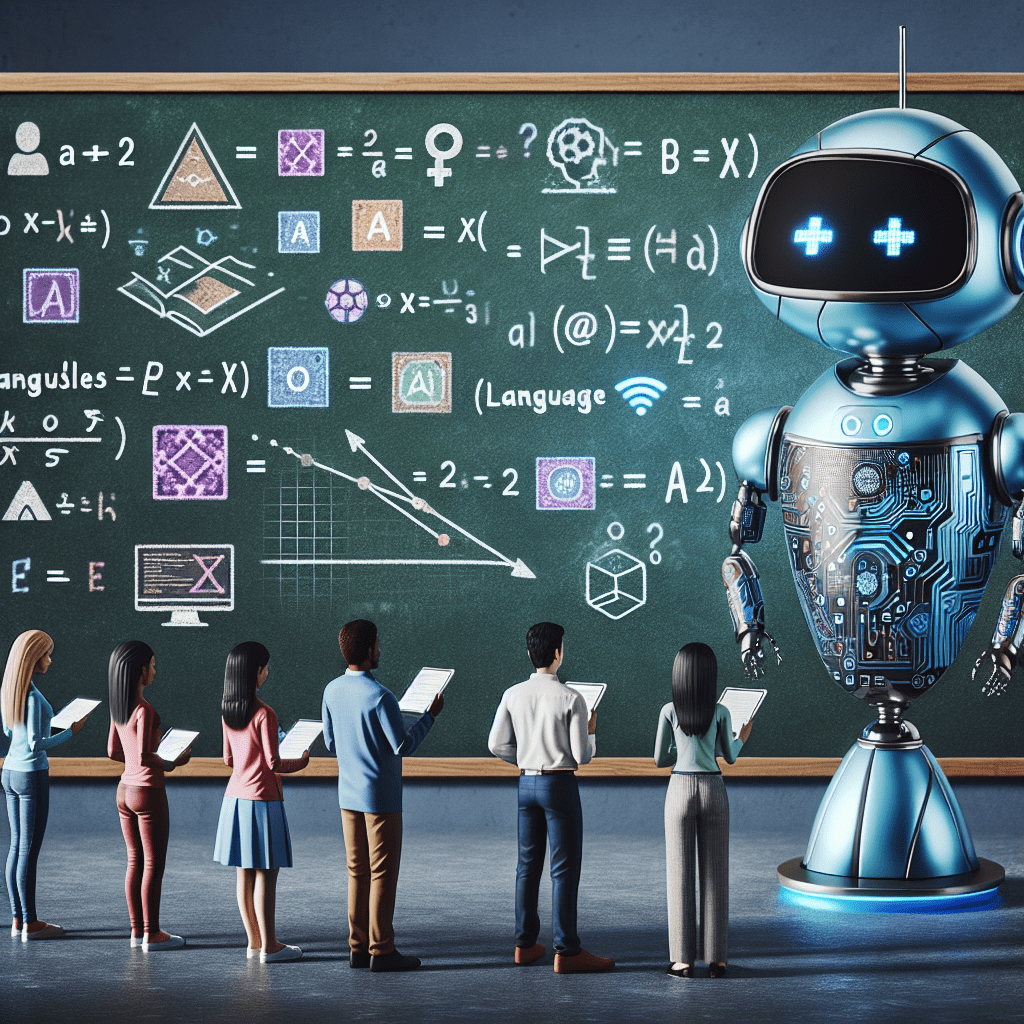Artificial Intelligence (AI) has been revolutionizing various industries, including education. With the help of AI technology, educators can personalize learning experiences, improve student outcomes, and make learning more engaging and interactive. In this article, we will explore how AI is transforming education and how it is being used to tailor instruction to meet the needs of individual students.
AI in Education: Personalizing Learning Experiences
One of the key advantages of AI in education is its ability to personalize learning experiences. Traditional education systems often follow a one-size-fits-all approach, where all students are taught the same way, regardless of their individual learning styles, strengths, and weaknesses. This can lead to disengagement, frustration, and lower academic achievement.
AI technology can analyze vast amounts of data about student performance, behavior, and preferences to create personalized learning paths for each student. By using machine learning algorithms, educators can identify patterns and trends in student data to tailor instruction to meet the specific needs of each learner. This allows students to learn at their own pace, in a way that is most effective for them.
For example, some AI-powered learning platforms can generate personalized quizzes and assignments based on a student’s performance in previous tasks. These platforms can also provide immediate feedback and recommendations for further study, helping students to stay on track and overcome learning barriers. By adapting to each student’s individual needs, AI technology can help to improve student engagement, motivation, and academic success.
AI Technology in the Classroom
AI technology is being integrated into classrooms in various ways to enhance the learning experience. For example, some schools are using AI-powered chatbots to provide instant answers to student questions, offer personalized learning materials, and support student engagement. These chatbots can also assist teachers in managing administrative tasks, such as grading assignments and tracking student progress.
Another example of AI technology in the classroom is the use of intelligent tutoring systems (ITS), which offer personalized tutoring and adaptive learning experiences to students. These systems analyze student data to understand their learning preferences, progress, and areas of difficulty, and provide targeted support to help them improve their skills and knowledge. By offering customized instruction, ITS can help students to learn more effectively and efficiently.
Furthermore, AI technology is being used to create immersive and interactive learning experiences, such as virtual reality (VR) and augmented reality (AR) applications. These technologies allow students to explore virtual environments, perform virtual experiments, and interact with digital objects, enhancing their understanding of complex concepts and subjects.
Conclusion
Artificial Intelligence is playing a significant role in personalizing learning experiences and transforming education. By harnessing the power of AI technology, educators can create more engaging, interactive, and effective learning environments that cater to the individual needs of each student. As AI continues to evolve and improve, we can expect to see even more innovative applications and solutions that revolutionize the way we teach and learn.
FAQs
1. How does AI personalize learning experiences?
AI technology analyzes student data, such as performance, behavior, and preferences, to create personalized learning paths for each student. By using machine learning algorithms, educators can tailor instruction to meet the specific needs of individual learners.
2. What are some examples of AI technology in the classroom?
AI technology in the classroom includes chatbots for instant answers and personalized learning materials, intelligent tutoring systems for adaptive learning experiences, and virtual reality and augmented reality applications for immersive and interactive learning experiences.
3. How can AI technology benefit students?
AI technology can benefit students by improving engagement, motivation, and academic success through personalized instruction, immediate feedback, and adaptive learning experiences. AI can also help students to learn at their own pace and in a way that is most effective for them.
Quotes
“AI in education has the potential to unlock the full potential of every student by tailoring instruction to their individual needs and learning styles.”
Write a story about a young girl who discovers she has the power to communicate with animals.


